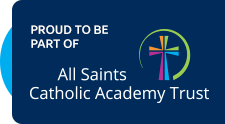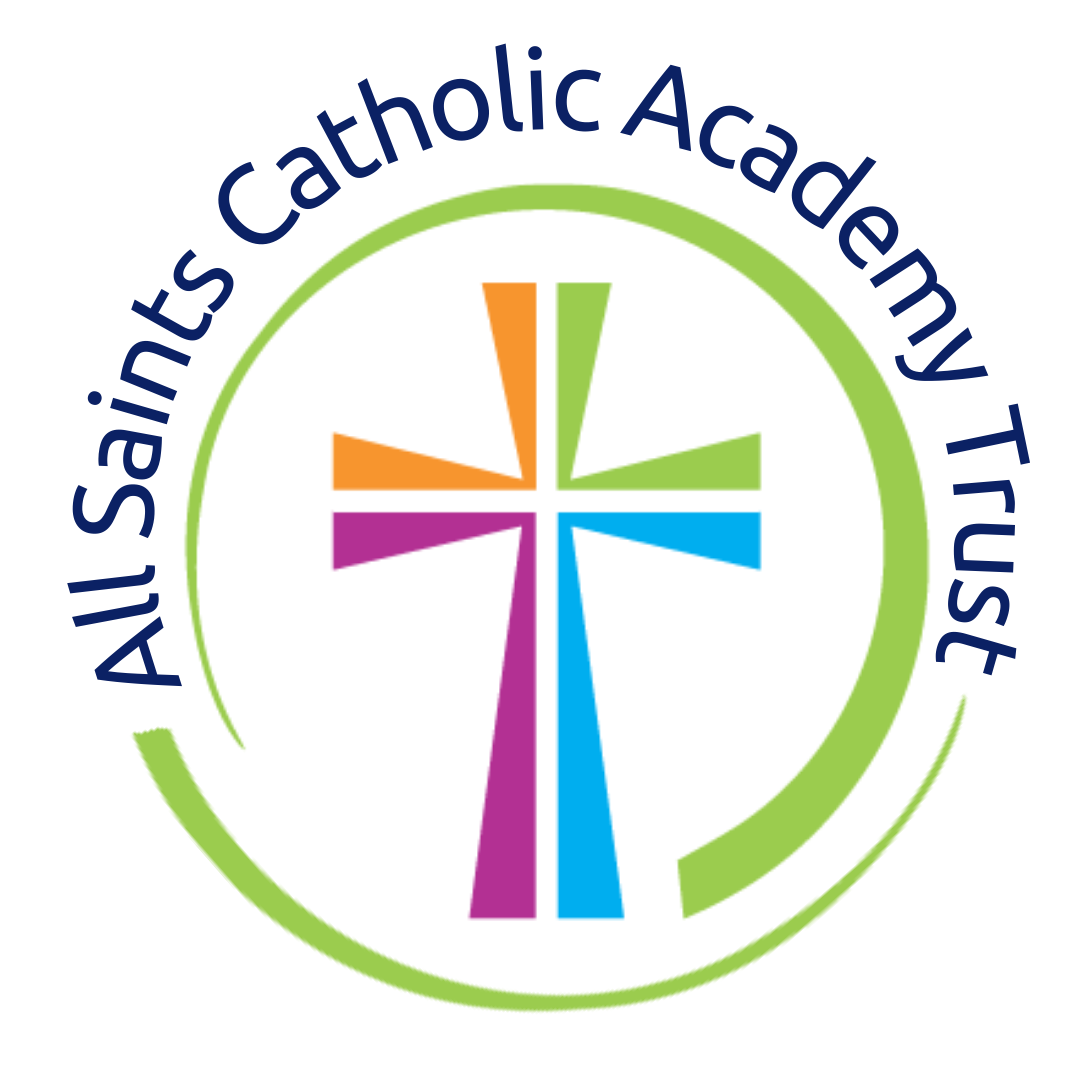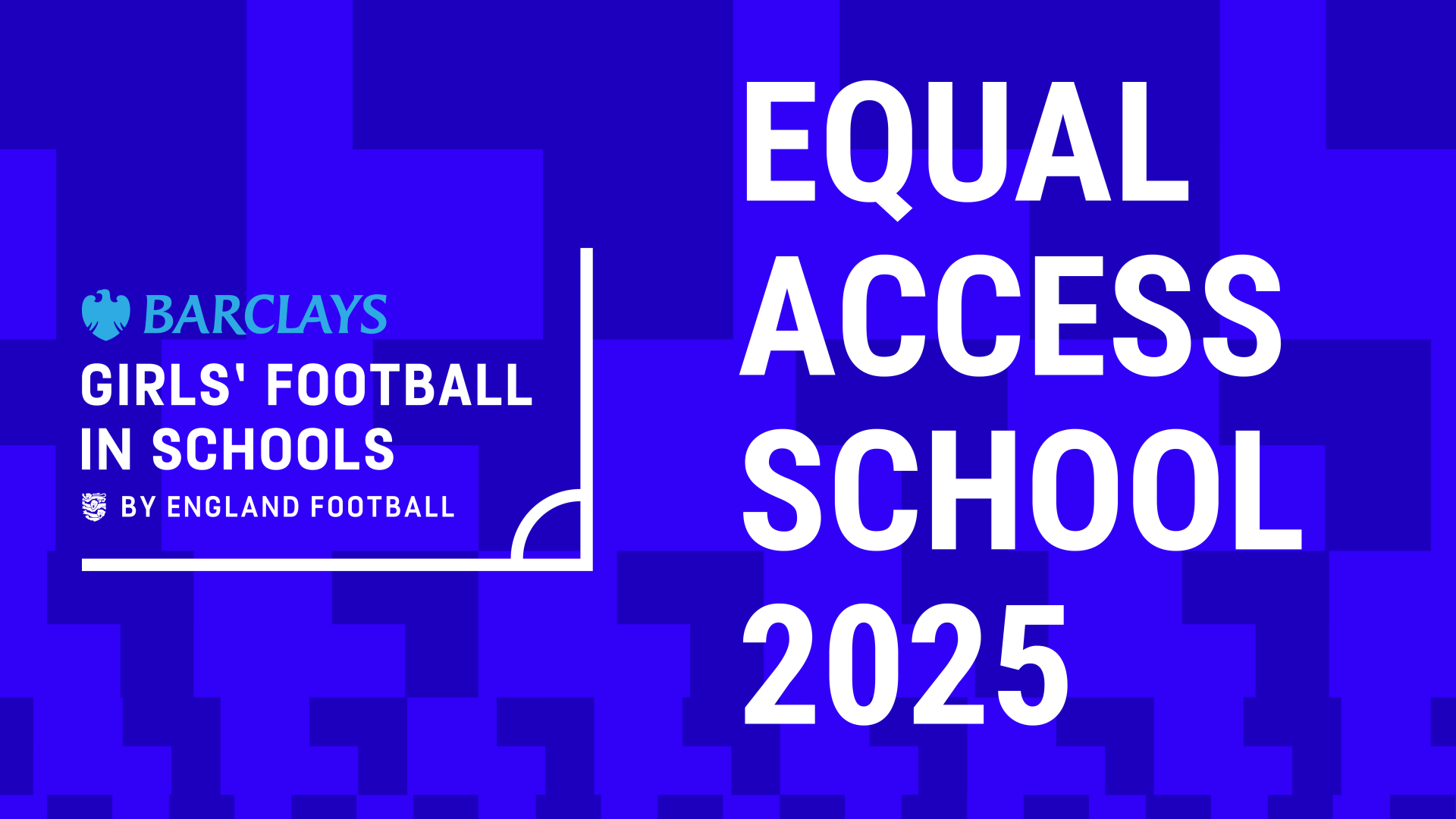History
Intent
At St Thomas More Catholic Primary School, we aim to inspire children to be curious and creative thinkers who develop a rich knowledge of local, national and world history. We want them to think critically, ask questions, and explain and analyse historical evidence. Our curriculum builds secure, connected knowledge of the past, enabling children to learn new material more easily. From EYFS onwards, children meet the vocabulary, stories and concepts that support later study. This enables all children, including those with SEND, to access the full breadth of the curriculum.
We aim for all children to:
- Build a strong chronological framework, understanding where people and events fit in time and recognising broad features of different eras.
- Develop secure knowledge of core substantive concepts (power, achievements, invasion, settlement, migration, civilisation, trade and beliefs) and core disciplinary concepts (continuity, change, cause, consequence, similarity, difference, significance, sources and interpretations), enabling them to work as historians.
- Gain detailed topic knowledge of the contexts they study, including the lives, values and attitudes of people in those times and places.
- Appreciate diversity and complexity, valuing the contributions of different groups and individuals.
Implementation
Our curriculum is carefully sequenced so that knowledge, concepts and periods are introduced, revisited and built upon as part of a spiral curriculum.
EYFS: Through ‘Understanding the World’, children explore their own life story, how they have changed, and changes in routines, seasons and celebrations, building early chronological language and preparing for KS1.
KS1: Topics build from lived experience (e.g. toys changing over time) to stretch knowledge across time and space (e.g. explorers, flight, moon landings, contrasting monarchies). Children develop an initial chronological framework and are introduced to substantive and disciplinary knowledge in every lesson.
KS2: Lessons combine explicit teaching of substantive and disciplinary knowledge. Children deepen and connect their knowledge (e.g. prehistoric Britain, Romans, Vikings, Tudors, Maya, Ancient Greece, WWII) and revisit core concepts to understand change over longer periods. Local history (e.g. Verulamium, Berkhamsted Castle, census records) strengthens their sense of place.
History is taught for one hour per week in KS1 and KS2, alternating half-termly with geography. SEND provision prioritises securing key content and vocabulary so all children can access the full curriculum. Teachers use artefacts, visitors and visits to enrich learning, and the curriculum has been curated to ensure accurate and diverse representation (e.g. Black Roman Britain and Black Tudor England).
Impact
Through this curriculum, children develop secure, connected and increasingly complex historical knowledge. They:
- Understand the history of Britain and the wider world, and how developments connect across periods.
- Demonstrate secure chronology and use substantive and disciplinary knowledge to explain concepts and how historians work.
- Construct and communicate structured arguments using evidence and precise vocabulary.
- Appreciate the diversity and complexity of human experience, showing empathy, respect and cultural understanding.
Monitoring through work scrutiny, pupil voice and assessment shows children retaining important content and increasingly thinking, speaking and writing as young historians. These meet National Curriculum expectations and are well prepared for Key Stage 3.
Please see links below to documents outlining the skills children develop through History and information about our history curriculum, topics covered and the National Curriculum.
National Curriculum - History.pdf
History Progression Map.pdfCurriculum Map History - Topics.pdf






